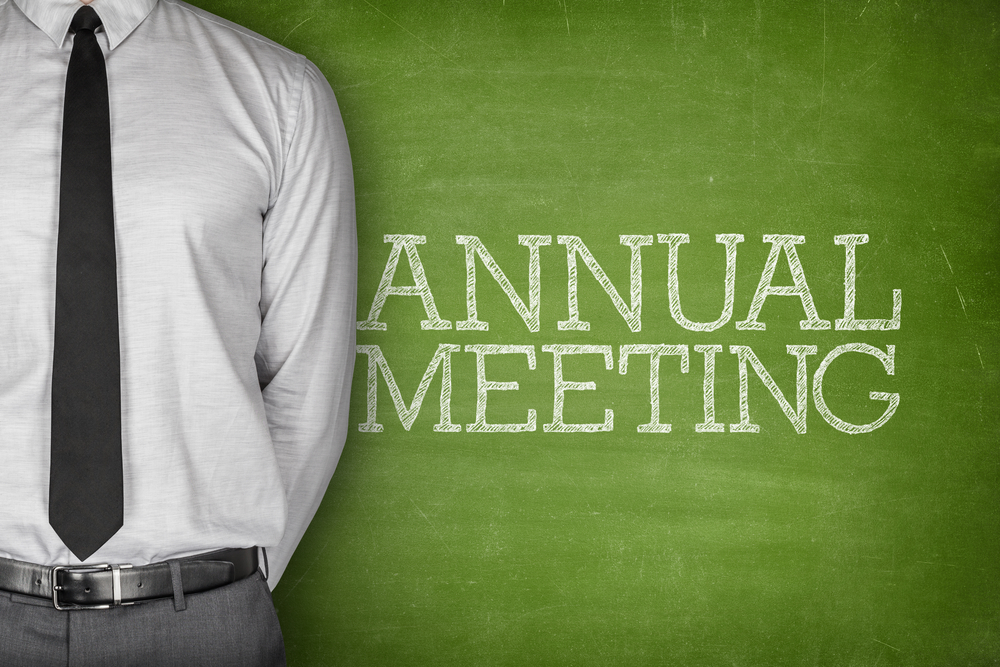Annual meetings and/or events can be both a blessing and a curse. If done well, they can be something that people spend the year anticipating the next one. However, a poorly-executed annual event will have attendees dreading the next such occasion. This is the power of an annual event: it leaves a lasting impression, for better or for worse. The question, then, is how one determines when it’s time to reinvent an annual meeting or event. Here are five occurrences that indicate your event or annual meeting needs a facelift.
When Your Employee Demographic Changes
Millennials are taking over the workforce. If they are not a large part of your company at the moment, they will be eventually. And when that moment comes—when your employee demographic changes significantly—you will need to consider the effects on your event. Millennials, for example, have different experiences and interests than the previous generation of workers. A meeting or event that was tailored to an earlier generation may do little to garner the interest of younger workers. That being the case, a change in employee demographic is an ideal time to reinvent your event, incorporating elements that will appeal to your new employees.
When Trends Change
Here’s the thing about trends: they don’t necessarily stick around for very long. Society is constantly evolving, with things that were the best thing since sliced bread one year becoming embarrassingly outdated a year later. At the same time, trends have an undeniable power. There is the expectation that a meeting or event will be trendy and up-to-date. If you find that there is a major trend in event/meeting planning, it might be worth reinventing your event to match that trend. Many people will want to ignore your meeting or event if they think it’s outdated.
When Interest Wanes
You should also consider reinventing your meeting if you notice decreasing interest. If you’ve seen a decline in the number of attendees over a few years, it could be that people just aren’t looking forward to your event anymore. Worse yet, if your event is part of an incentive program, you may see that the goals you hoped to obtain simply didn’t happen as you planned. If people aren’t interested, this is often because they feel they have little to gain from attending. However, if you publicize a reinvention of your meeting you can pique the interest of those who might otherwise ignore your event.
When You Repeat Yourself
A successful annual event is one that leaves a lasting impression on attendees, giving them reason to look forward to next year’s gathering. If you find that you’ve been repeating yourself a few years in a row, it’s safe to assume that attendees will notice too and become disenchanted with your event. Those who participate in your meeting want to know that they will benefit from it. They’re not looking to waste their time—they want something new and fresh. If your events look exactly the same every year you are probably pushing people away. Sure, not all repetition is bad—if something works well it may be good to implement it again.
When Attendees Recommend It
This is what you want to avoid—receiving a flurry of emails saying your event needs to be overhauled. The goal is to preemptively initiate the kind of changes that will keep attendees satisfied. However, if you’re getting a lot of feedback that recommends you reinvent yourself, well, that’s probably a sign your event needs a facelift. Listen to the feedback and implement changes.
Conclusion
A good meeting/event planner is always self-assessing and consciously seeks improvement. Are my events successful? Are meeting attendees satisfied, looking forward to future events? If you pay attention to each of your meetings, and to attendee response to these events, you’ll have a much easier time determining when you need to make serious changes.
Does your next corporate meeting or event need a facelift? If so contact Gavel International to see how working with a meeting planning company can benefit your organization.
This article was last updated on June 10, 2025
- Memorable Meetings in Abundant Sunshine and the Natural Beauty of Phoenix - March 24, 2025
- Incentive Trailblazing with John George in Banff, Canada - December 4, 2023
- Nature’s Playground: Big Sky and Bozeman, MT - September 26, 2022






